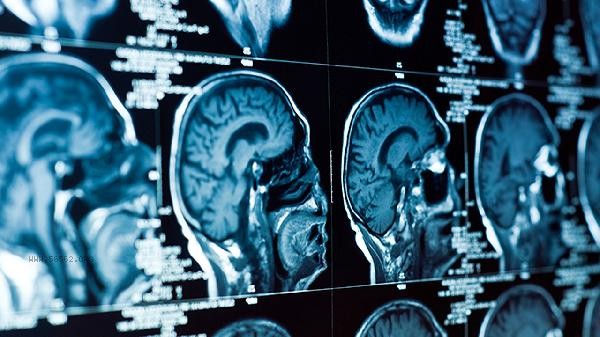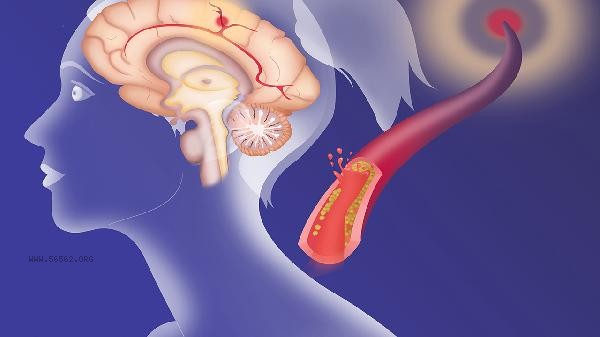Slow brain response may be caused by factors such as insufficient sleep, malnutrition, psychological stress, hypothyroidism, and brain diseases. Long term staying up late can lead to the accumulation of metabolic waste in the brain, insufficient intake of vitamin B12 may affect nerve conduction, chronic anxiety can inhibit the activity of the prefrontal cortex, thyroid hormone deficiency will slow down the overall metabolic rate, and cerebral ischemia or early dementia can directly damage cognitive function.

1. Lack of sleep
Long term sleep time of less than 6 hours can hinder the process of clearing β - amyloid protein from cerebrospinal fluid, and the accumulation of this protein is closely related to cognitive decline. The deep sleep stage is particularly crucial for memory consolidation, as sleep deprived individuals have longer reaction times to complete complex cognitive tasks. Establishing a fixed sleep schedule, avoiding the use of electronic devices before bedtime, and limiting caffeine intake in the afternoon can help improve sleep quality.
2. Malnutrition
Lack of vitamin B12 can delay myelin formation, leading to a decrease in the speed of nerve signal transmission. Anemia caused by iron deficiency can reduce oxygen supply to the brain, while omega-3 fatty acid deficiency can affect the fluidity of neuronal cell membranes. Moderately increase the intake of deep-sea fish, animal liver, and dark vegetables, and if necessary, measure serum homocysteine levels to evaluate nutritional status.
3. Psychological stress
Continuous stress state can promote the continuous secretion of cortisol, which can damage hippocampal neurogenesis when excessive. Stress can also lead to a decrease in blood flow in the prefrontal cortex region, affecting executive function. Mindfulness meditation practice can reduce amygdala activity, and regular aerobic exercise can promote the secretion of brain-derived neurotrophic factors. If necessary, cognitive-behavioral therapy can be performed.

4. Hypothyroidism
Thyroid hormone T3 directly affects mitochondrial energy production, and its deficiency can lead to insufficient ATP synthesis in brain cells. Patients often have symptoms such as memory loss and delayed thinking, and serum TSH testing can provide a clear diagnosis. The replacement therapy with levothyroxine sodium requires regular monitoring of hormone levels, while ensuring adequate intake of selenium and zinc to support thyroid function.
5. Brain disease
Lacunar cerebral infarction may damage the neural pathways in the basal ganglia, and early Alzheimer's disease may result in decreased temporal lobe metabolism. Cerebrovascular angiography or cerebrospinal fluid testing can identify the cause, while acetylcholinesterase inhibitor donepezil can improve some symptoms. Control of basic diseases such as hypertension and diabetes, and cognitive training can delay the progress of the disease. Maintaining 150 minutes of moderate intensity exercise per week can enhance cerebral blood flow perfusion, while a Mediterranean diet pattern can reduce levels of inflammatory factors. It is recommended to take a nap of about 20 minutes in the afternoon to avoid prolonged and continuous use of the brain. When cognitive impairment continues to worsen, neuropsychological assessment and brain imaging examination are necessary. Establishing social interactions and cultivating new hobbies can stimulate the brain to form new neural connections, and supplementing phosphatidylserine appropriately may help improve cell membrane function.









Comments (0)
Leave a Comment
No comments yet
Be the first to share your thoughts!